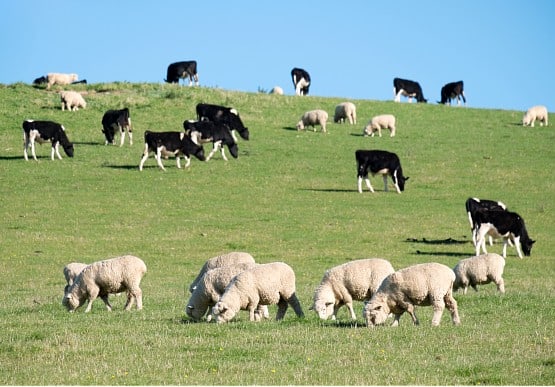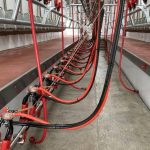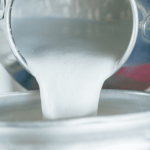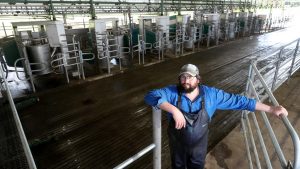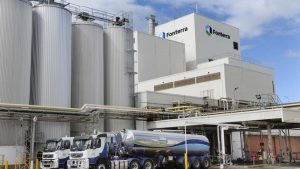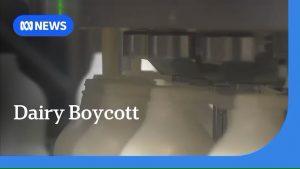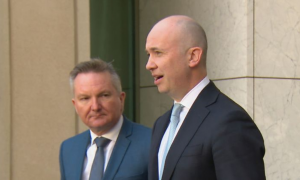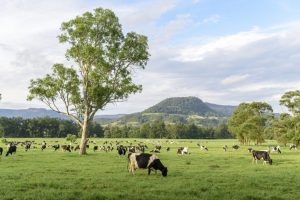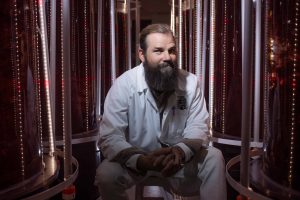
The long-term grazing studies are a result of two successful projects announced under Round 3 of the Federal government’s $29 million Methane Emissions Reduction in Livestock (MERiL) program. This follows PIRSA being awarded $695,909 from Round 2 of the MERiL Program in November 2022.
PIRSA is hosting a primary industries trade site at the Climate Change Conference, which will include representatives from Livestock SA, South Australian Dairyfarmers’ Association, Dairy Australia, Grain Producers South Australia, and South Australian Forest Products Association.
The Department is committed to working with industry to prepare for, prevent where possible, and respond to emergency events and long-term risks, including climate change, that threaten SA’s primary industries and regional communities.
Methane emissions from livestock account for around 14% of South Australia’s greenhouse gas emissions, and there is growing impetus for livestock producers to reduce methane emissions to secure market access, mitigate the impact of climate change and align with government and industry targets.
Funding of $1,954,690 was awarded to the University of New England, PIRSA, Australian Wool Innovation, Feedworks and University of Western Australia, to evaluate the efficacy of an automated in-paddock feeding systems for delivery of methane reducing feed additives to grazing sheep.
PIRSA is also collaborating with project lead the University of Adelaide who were awarded $1,075,601 for a project that will investigate the effect of administering seaweed supplement to pregnant cows and the effect on methane production in their offspring.
The state government is supporting the agriculture sector’s climate change commitment through its recently announced Carbon Farming Demonstration Pilot, which will support seven commercial carbon farming projects to demonstrate carbon abatement activities with relevance to SA production systems.
Additionally, AgTech Growth Fund Round 2 is open for applications and will support start-up technologies with a focus on carbon and natural capital management, drought and climate resilience and sustainability credentials.
Quotes
Attributable to Clare Scriven
As a government, we recognise the impact of climate change, and will support the transition of primary industries towards a low carbon economy.
Agriculture is a major contributor to SA’s Gross State Product, with revenue from primary industries and agribusiness totalling $17.3 billion in 2021-22, while supporting 71,000 jobs.
I am pleased that the government through the South Australian Research and Development Institute (SARDI) is again partnering with industry and research organisations around Australia to undertake exploratory work examining how feed additives could reduce the methane emissions of grazing sheep and cattle.
These projects will provide the research necessary to support evidence-based decision making for whole of farming systems low emissions land management.
